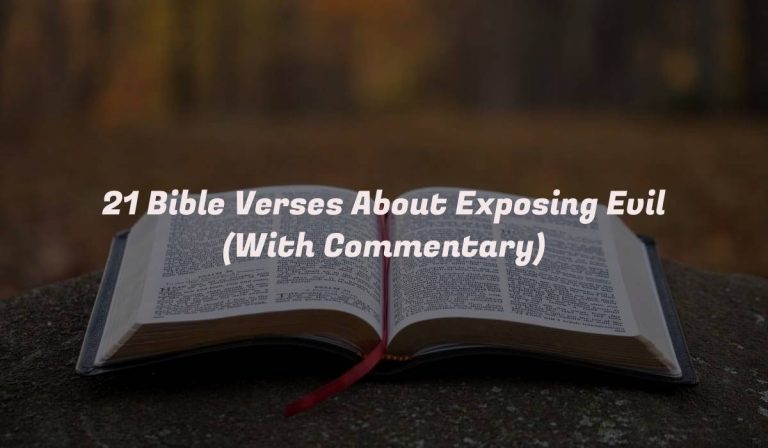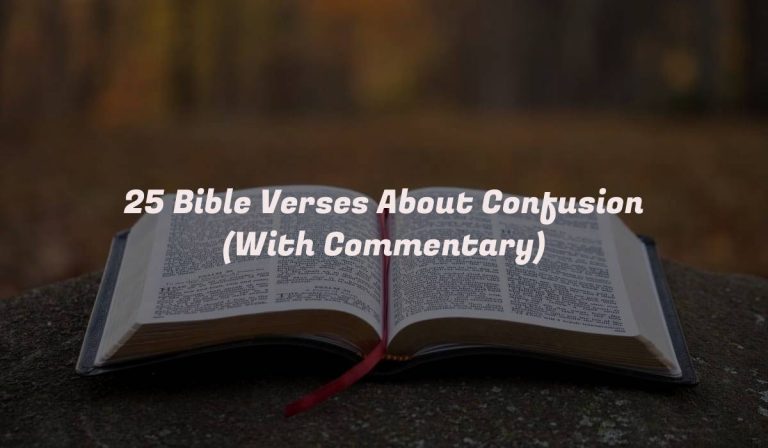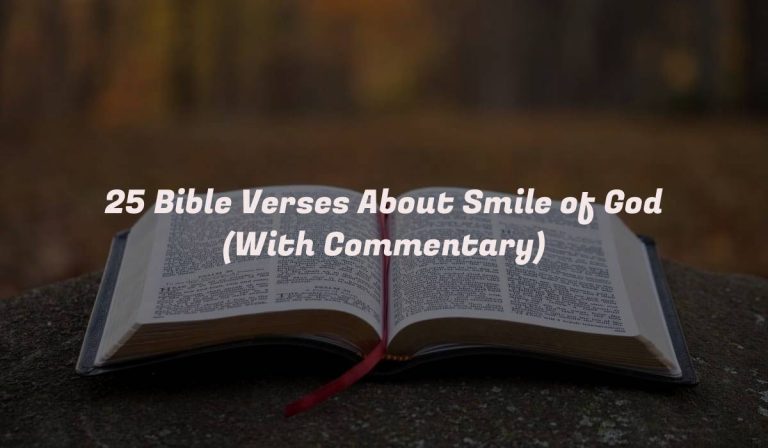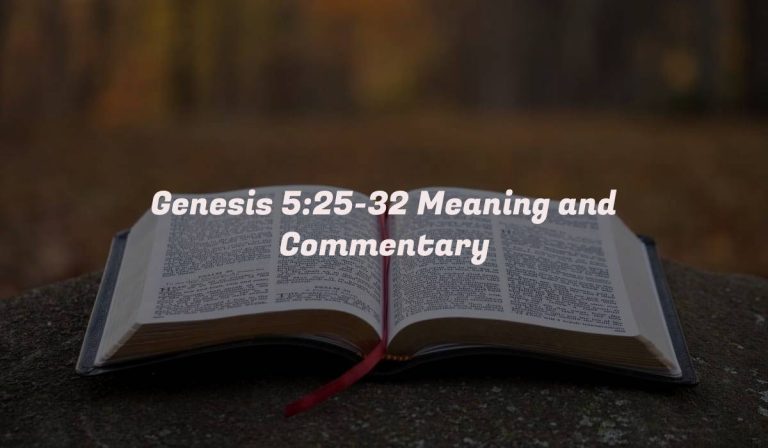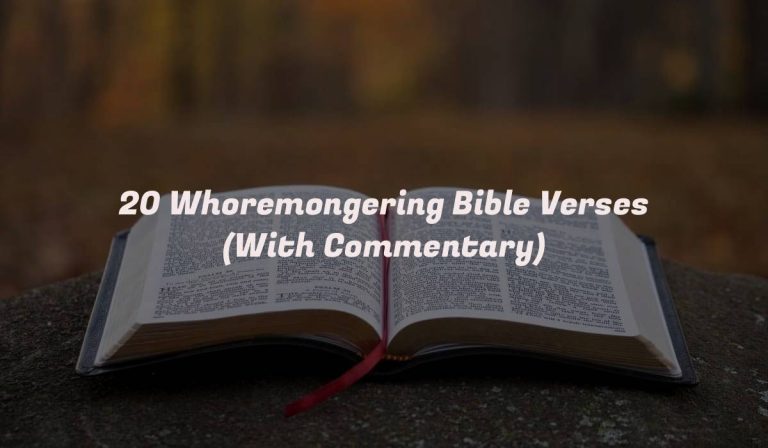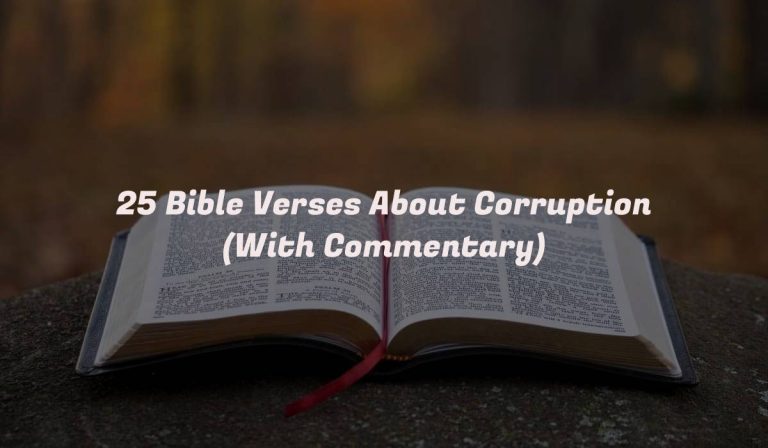Genesis 1 Meaning and Commentary
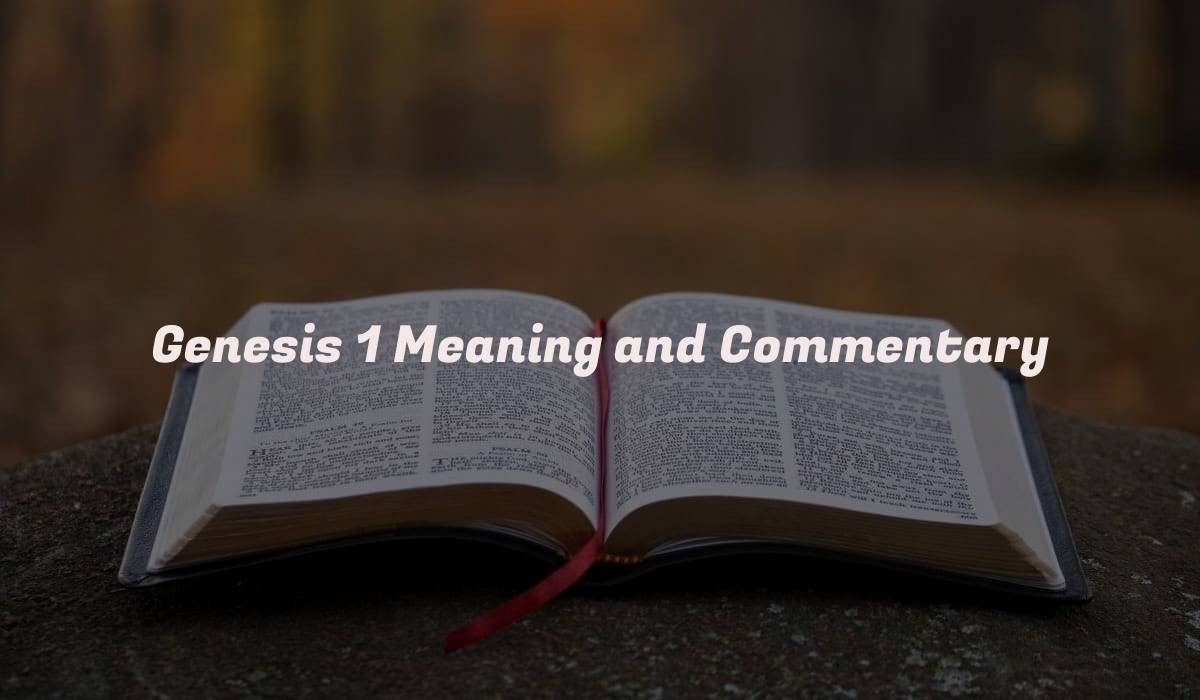
Genesis 1
1 In the beginning God created the heavens and the earth. 2 Now the earth was formless and empty, darkness was over the surface of the deep, and the Spirit of God was hovering over the waters.
3 And God said, “Let there be light,” and there was light. 4 God saw that the light was good, and he separated the light from the darkness. 5 God called the light “day,” and the darkness he called “night.” And there was evening, and there was morning—the first day.
6 And God said, “Let there be a vault between the waters to separate water from water.” 7 So God made the vault and separated the water under the vault from the water above it. And it was so. 8 God called the vault “sky.” And there was evening, and there was morning—the second day.
9 And God said, “Let the water under the sky be gathered to one place, and let dry ground appear.” And it was so. 10 God called the dry ground “land,” and the gathered waters he called “seas.” And God saw that it was good.
11 Then God said, “Let the land produce vegetation: seed-bearing plants and trees on the land that bear fruit with seed in it, according to their various kinds.” And it was so. 12 The land produced vegetation: plants bearing seed according to their kinds and trees bearing fruit with seed in it according to their kinds. And God saw that it was good. 13 And there was evening, and there was morning—the third day.
14 And God said, “Let there be lights in the vault of the sky to separate the day from the night, and let them serve as signs to mark sacred times, and days and years, 15 and let them be lights in the vault of the sky to give light on the earth.” And it was so. 16 God made two great lights—the greater light to govern the day and the lesser light to govern the night. He also made the stars. 17 God set them in the vault of the sky to give light on the earth, 18 to govern the day and the night, and to separate light from darkness. And God saw that it was good. 19 And there was evening, and there was morning—the fourth day.
20 And God said, “Let the water teem with living creatures, and let birds fly above the earth across the vault of the sky.” 21 So God created the great creatures of the sea and every living thing with which the water teems and that moves about in it, according to their kinds, and every winged bird according to its kind. And God saw that it was good. 22 God blessed them and said, “Be fruitful and increase in number and fill the water in the seas, and let the birds increase on the earth.” 23 And there was evening, and there was morning—the fifth day.
24 And God said, “Let the land produce living creatures according to their kinds: the livestock, the creatures that move along the ground, and the wild animals, each according to its kind.” And it was so. 25 God made the wild animals according to their kinds, the livestock according to their kinds, and all the creatures that move along the ground according to their kinds. And God saw that it was good.
26 Then God said, “Let us make mankind in our image, in our likeness, so that they may rule over the fish in the sea and the birds in the sky, over the livestock and all the wild animals, and over all the creatures that move along the ground.”
27 So God created mankind in his own image,
in the image of God he created them;
male and female he created them.28 God blessed them and said to them, “Be fruitful and increase in number; fill the earth and subdue it. Rule over the fish in the sea and the birds in the sky and over every living creature that moves on the ground.”
29 Then God said, “I give you every seed-bearing plant on the face of the whole earth and every tree that has fruit with seed in it. They will be yours for food. 30 And to all the beasts of the earth and all the birds in the sky and all the creatures that move along the ground—everything that has the breath of life in it—I give every green plant for food.” And it was so.
31 God saw all that he had made, and it was very good. And there was evening, and there was morning—the sixth day.
Genesis 1 Meaning
Genesis 1 describes the creation of the world by God. It highlights the power and authority of God as the Creator of all things. This chapter lays the foundation for understanding the origin of the universe and humanity’s place in it.
Genesis 1 Commentary and Explanation
In Genesis 1, we are presented with a foundational narrative of creation. It’s a remarkable passage that outlines the sequence of events through which the universe, the Earth, and all living things came into existence. This chapter serves as a cornerstone in the Bible, setting the stage for understanding God’s power, creativity, and purpose in shaping the world.
The chapter begins with the famous phrase, “In the beginning, God created the heavens and the earth.” This statement establishes God as the singular, omnipotent Creator, initiating the act of creation ex nihilo—out of nothing. It’s important to recognize that this act of creation was deliberate and purposeful, signifying God’s intentionality in bringing forth existence.
The creation account unfolds over six days, each characterized by a specific act of God. On the first day, God separates light from darkness, establishing day and night. This division signifies order and sets the stage for the subsequent days of creation. The separation of light and darkness reflects God’s sovereignty over all aspects of creation and His desire for order and structure.
On the second day, God separates the waters, creating the expanse or sky. This act illustrates God’s authority over the elements, showcasing His ability to establish boundaries and spaces within the universe.
The third day sees the emergence of dry land and the creation of vegetation—plants, trees, and vegetation of various kinds. This demonstrates God’s nurturing aspect, providing an environment that sustains life and prepares the Earth for further creation.
The fourth day involves the formation of the sun, moon, and stars—the celestial bodies that govern time, seasons, and light. These celestial bodies were intentionally created to serve as signs for seasons, days, and years, highlighting God’s meticulous design and purposeful planning for the Earth’s sustenance.
On the fifth day, God fills the seas and skies with living creatures—fishes and birds. This showcases God’s attention to detail and the diversity of life, each created according to its kind, echoing His creative brilliance and wisdom.
Finally, the sixth day marks the creation of land animals and ultimately, the pinnacle of God’s creation—humankind. Humans are uniquely made in the image of God, reflecting His character and given the responsibility to steward the Earth and its inhabitants.
The repetitive phrase “And God saw that it was good” after each act of creation emphasizes the perfection and harmony present in God’s design. It signifies His satisfaction with His creation and reinforces the inherent value and purpose of each created element.
This account of creation in Genesis 1 lays a solid foundation for understanding God’s sovereignty, creativity, and intentionality in forming the world. It emphasizes the interconnectedness of all creation and our unique place within it as stewards entrusted with caring for God’s handiwork (Psalm 24:1).
Overall, Genesis 1 invites us to marvel at the beauty and intricacy of God’s creation, reminding us of His authority and purpose in shaping the world and our role in honoring and preserving it.
Context of Genesis 1
The context of Genesis 1 is pivotal in understanding the broader narrative of the Bible and the theological implications it carries. Genesis, the first book of the Bible, serves as an introduction to God’s story of creation, His relationship with humanity, and the origins of the universe.
Genesis itself is part of the Pentateuch, also known as the Torah, which includes the first five books of the Bible—Genesis, Exodus, Leviticus, Numbers, and Deuteronomy. These books were traditionally attributed to Moses and are foundational to both Jewish and Christian faiths.
Genesis 1 specifically sets the stage for the rest of the Bible by establishing fundamental truths about God, the universe, humanity, and the nature of creation. It introduces God as the sole Creator of all things and emphasizes His sovereignty over the cosmos.
The chapter provides an account of the creation of the world in a structured and ordered manner over six days. Each day’s creation reflects God’s intentional design and showcases His divine power in bringing forth the universe and life itself.
Moreover, Genesis 1 serves as a response to prevailing ancient Near Eastern creation narratives of its time, providing a counterpoint by highlighting monotheism—affirming the existence of one God—and asserting that God created everything, as opposed to multiple gods or cosmic forces.
The theological themes presented in Genesis 1 are foundational to Christianity:
- Monotheism: The chapter establishes the belief in one God, distinct from other ancient creation myths that often depicted a pantheon of gods.
- Creation ex nihilo: Genesis 1 introduces the concept of creation out of nothing, emphasizing God’s absolute sovereignty and power over the universe.
- Humanity’s special role: The creation of humans in the image of God highlights their unique dignity and purpose, setting them apart from the rest of creation.
- Stewardship: God entrusts humans with the responsibility to care for and steward His creation, reflecting His own care for the world.
- Order and purpose: The structured nature of creation reflects God’s deliberate and purposeful design, emphasizing His wisdom and intentionality.
Understanding the context of Genesis 1 within the broader scope of the Bible helps us appreciate its significance as the starting point for understanding God’s creative work, humanity’s place in the world, and the theological underpinnings that shape the rest of Scripture.
Breaking Down the Key Parts of Genesis 1
The Beginning (Genesis 1:1): The chapter opens with the assertion that “In the beginning, God created the heavens and the earth.” This concise statement establishes the absolute sovereignty and initiative of God as the Creator, setting the stage for the subsequent acts of creation.
Creation in Six Days (Genesis 1:3-31): The chapter unfolds in a structured narrative over six days, each day highlighting specific creative acts of God:
- Day 1 (Genesis 1:3-5): God creates light and separates it from darkness, establishing the concept of day and night.
- Day 2 (Genesis 1:6-8): God creates the expanse, separating the waters to form the sky or firmament.
- Day 3 (Genesis 1:9-13): God separates the waters to form dry land and creates vegetation—plants, trees, and various types of flora.
- Day 4 (Genesis 1:14-19): God creates the sun, moon, and stars, establishing them as sources of light, markers for time, and celestial bodies that govern the Earth.
- Day 5 (Genesis 1:20-23): God fills the seas and skies with living creatures—fishes and birds—according to their kinds.
- Day 6 (Genesis 1:24-31): God creates land animals according to their kinds and culminates in the creation of humanity, fashioning humans in His image and granting them dominion over the rest of creation.
The Repeated Declaration: “And God saw that it was good” (Genesis 1:4, 10, 12, 18, 21, 25): After each act of creation, God assesses His work and declares it to be good. This phrase underscores the perfection and harmony of God’s creation, emphasizing His satisfaction with each stage of His creative process.
Creation in God’s Image (Genesis 1:26-27): The creation of humanity in God’s image distinguishes humans from the rest of creation, highlighting their unique value, dignity, and purpose. This image-bearing quality reflects aspects of God’s character and grants humans the responsibility to steward the Earth and its resources.
Bible Study on Genesis 1
Genesis 1 presents us with foundational truths about God and the world He created. This chapter reveals God’s power, authority, and intention to bring order out of chaos. It also highlights the goodness and purpose behind the creation.
As we study these verses, we are invited to reflect on God’s role as the Creator and His sovereignty over all things. We learn that our existence is not accidental or random, but rather intentional and purposeful. We are part of God’s grand design, created to reflect His image and bring Him glory.
Moreover, Genesis 1 gives us a glimpse into God’s character. We see His creativity, as He brings forth beauty and life from darkness and emptiness. We also observe His order and wisdom in the way He separates and organizes the different aspects of creation.
This chapter also reminds us of our responsibility as stewards of God’s creation. Since everything belongs to Him, we are called to take care of the earth and its resources, being mindful of our impact on the environment.
Final Thoughts
Genesis 1 provides a solid foundation for our understanding of God’s creation. It reminds us that we are part of a well-ordered and purposeful universe, designed by a loving and powerful Creator.
As we contemplate the wonders of creation, may our hearts be filled with awe and gratitude for the God who spoke light into existence and called all things good. Let us embrace our role as stewards of His creation and seek to honor Him in all that we do.

